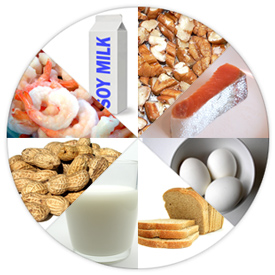 Did you know that one of the most common food safety concerns reported to the FDA was undeclared allergens in food? Since the implementation of the Food Allergen Labeling and Consumer Protection Act (FALCPA), consumers have had much of the guesswork taken out of the equation, thanks to the industry’s use of allergen statements and easier-to-read nutrition and ingredients labeling procedures.
Did you know that one of the most common food safety concerns reported to the FDA was undeclared allergens in food? Since the implementation of the Food Allergen Labeling and Consumer Protection Act (FALCPA), consumers have had much of the guesswork taken out of the equation, thanks to the industry’s use of allergen statements and easier-to-read nutrition and ingredients labeling procedures.
Still, the problem persists, a problem that produces mild to severe reactions, and can even lead to death. These reactions are sometimes caused by trace amounts of allergens, making the situation even more challenging. According to the Mayo Clinic, a common cause for allergic reactions from food products, even with the labeling systems in place, comes from cross contamination. When food is exposed to “unintended” ingredients in food industry production, allergic reactions can be triggered. Obviously, though unintended, these ingredients can be extremely dangerous to some consumers.
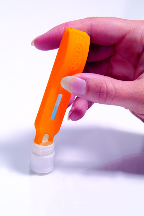 One way to combat unintended ingredients is to test your product. Nelson Jameson stocks both Neogen’s Reveal® and Rapid 3-D™ allergen test kits. Reveal® kits require no refrigeration and have an easy-to-read one or two line test readout. One line indicates a negative test and two lines means there is at least 5ppm of the allergen in question. The Reveal® kits are available for milk detection and peanut detection.
One way to combat unintended ingredients is to test your product. Nelson Jameson stocks both Neogen’s Reveal® and Rapid 3-D™ allergen test kits. Reveal® kits require no refrigeration and have an easy-to-read one or two line test readout. One line indicates a negative test and two lines means there is at least 5ppm of the allergen in question. The Reveal® kits are available for milk detection and peanut detection.
The Rapid 3-D™ kits are great for “onsite” detection, when an accurate measurement on the spot is needed. Using a rapid lateral flow method, the test takes only ten minutes and requires no additional equipment. For more information on how to combat this major food safety issue, and to find what allergen testing supplies would best fit your operation, reach out to Cathy Sales at 1-800-826-8302 or visit our website.

February 11, 2026
There is a critical link between worker safety and food safety, and nowhere is this more apparent than w...
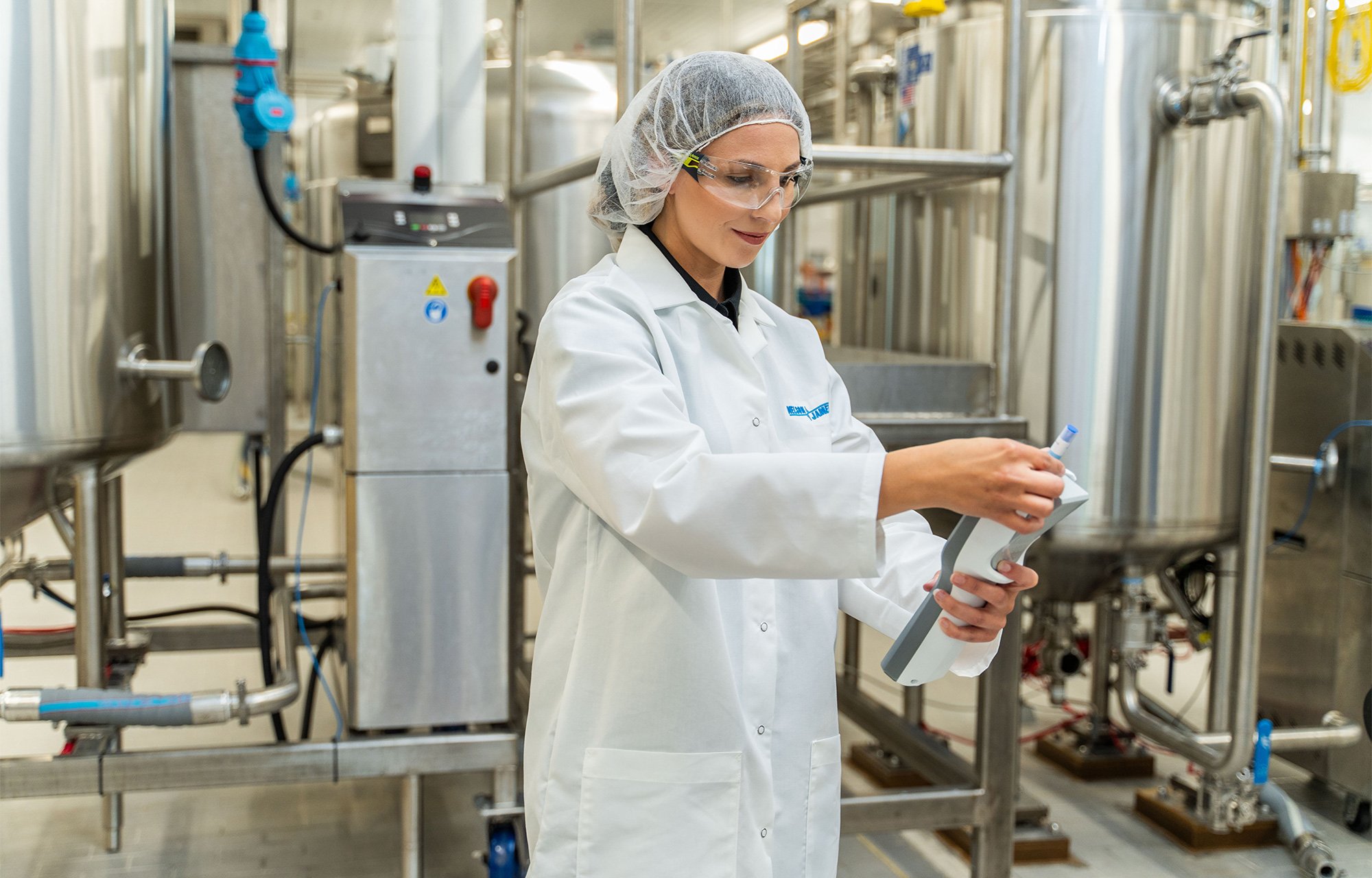
February 3, 2026
Ensuring the safety and quality of dairy products requires a robust framework combining rigorous testing...
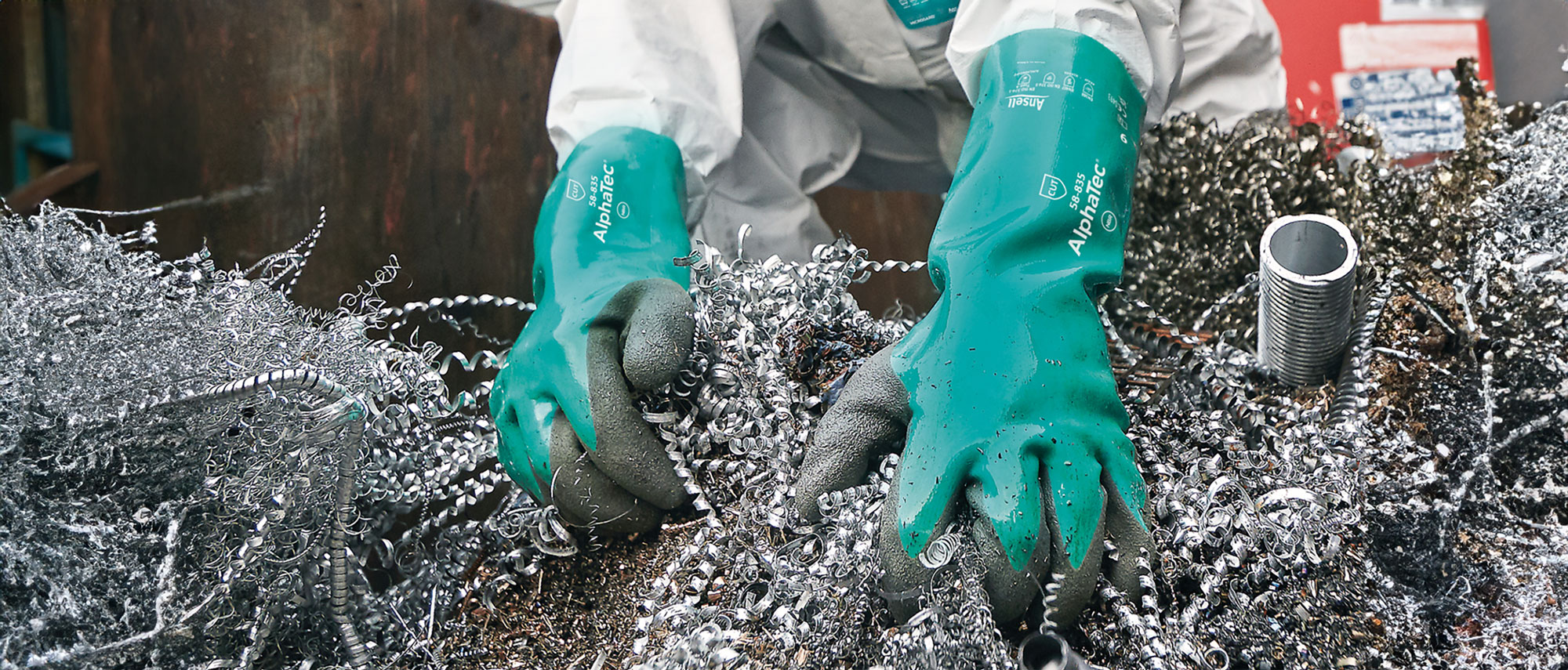
January 12, 2026
Gloves can force a choice between comfort and protection. But compliance, efficiency in usage, and worke...

Recognize and address possible hygiene and sanitation challenges based on the cleaning and material handling equipment available in your facility.
Through a discovery call, virtual, or on-site assessment, Vikan SQF Practitioner certified specialists will assist in confirming that your system and cleaning tool inventory aligns with your risk management objectives while pinpointing any missing tools and enhancing maintenance and usage practices. Evaluate whether your existing tools are utilized in the most effective manner, or determine if a more suitable tool exists for the task at hand. Ensure that your tools comply with all relevant standards and regulatory requirements. Site evaluations encompass a summary survey, an overview of the location, a color-coded factory layout plan, product suggestions, a recommended order form, and a proposal for a follow-up survey.
Food Safety, Sanitation, Cleaning Tools, Color Coding
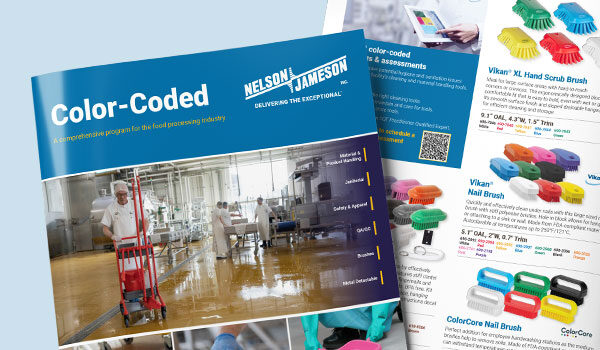
This is a comprehensive program for the food processing industry. Nelson-Jameson brings together the most extensive collection of color-coded products for material handling, product handling, janitorial, safety, apparel, QA/QC, and metal-detectable applications. With the right pieces, a color-coding system is a powerful tool in preventing cross-contamination of allergens and food-borne illnesses that can lead to sickness or expensive product recalls.

Food Safety, Sanitation, Cleaning Tools, Color Coding

Food Safety
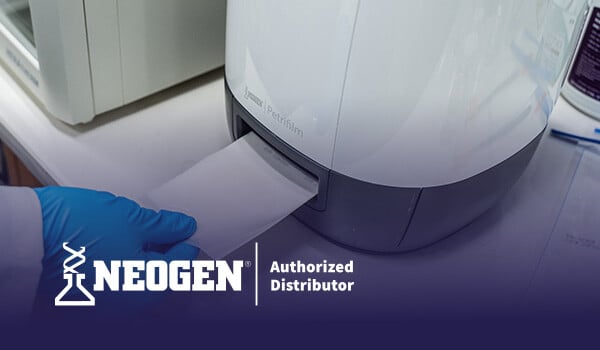
Get Petrifilm Certified through our complimentary immersive workshop for managers, personnel, and teams. The workshop offers practical knowledge through hands-on training and networking with industry professionals and experts. Attendees gain an in-depth understanding of Petrifilm technology and valuable insights into effective environmental monitoring practices. Participants leave with a certification and a wealth of resources that can significantly contribute to elevating their plant's quality control standards.
Food Safety, Sanitation, Laboratory